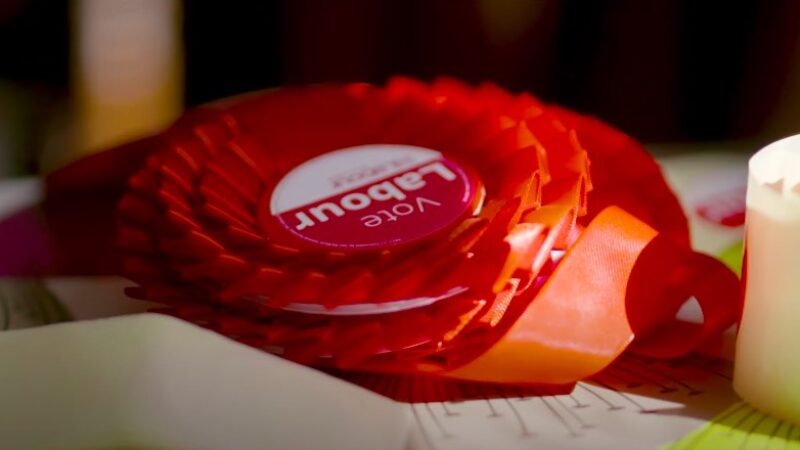
Labour Women’s Network has spoken out over the “disappointing” selection of four white men in four contests to decide party candidates’s for looming parliamentary by-elections.
The affiliated group said the party remained on track to return the highest number of female Labour MPs in history however, despite abandoning all-women shortlists amid concerns over their legality.
All four of the party’s candidates for two confirmed by-elections – Selby and Ainsty and Uxbridge and South Ruislip – and two expected by-elections – Mid Bedfordshire and Rutherglen and Hamilton West – have now been selected.
Keir Mather has been chosen as the party’s candidate for Selby and Ainsty, while Alistair Strathern has been picked as the candidate in Mid Bedfordshire, following selection meetings on Thursday evening.
Michael Shanks was selected back in May as Labour’s candidate for the expected by-election in Rutherglen and Hamilton West, while Danny Beales was chosen as the candidate for Uxbridge and South Ruislip in a selection contest last year. He will now face a by-election following Boris Johnson’s resignation.
Commenting on the selected candidates, a spokeswoman from Labour Women’s Network – one of the party’s affiliated socialist societies – said: “It is disappointing that all four Labour Party candidates for the current parliamentary by-elections are white men.
“Of the 12 by-elections Labour has contested since the 2019 general election, six of our candidates have been women. It is a shame these latest selections take Labour from 50% women by-election candidates to 35%.
“We might be doing better against other measures, but being prepared to put up equal numbers of women when the stakes are highest does matter.”
Both Beales and Strathern highlighted their local roots in their respective constituencies during their selection campaigns. Mather also grew up locally to the constituency for which he has been selected, while Shanks currently lives in the seat that he will contest.
Beales and Strathern are both sitting Labour councillors – in Camden and Waltham Forest in London respectively. Shanks, who works as a teacher, has previously stood unsuccessfully for election to Westminster and the Scottish parliament, while Mather previously worked for now Shadow Health Secretary Wes Streeting.
Labour has not been using all-women shortlists in this round of parliamentary candidate selections, having received legal advice that continuing to do so would be “unlawful” because the majority of its MPs are female.
According to LWN, 42% of Labour candidates selected so far in Labour-held or winnable seats are women, with 56% of the women candidates in England and Wales being graduates of LWN training programmes.
Commenting on selections more widely, the spokeswoman from LWN said: “Behind these selection stats, certain regions have done less well than others, leading to an arguably unfounded fear among some women members that we may be about to rocket backwards on parliamentary representation.
“In actual fact, given we can expect at least some degree of swing in Labour’s favour, we are on track to return the highest numbers of Labour women MPs in history – greater than the 101 we historically elected in 1997 and the 104 who made it in 2019.
“Whether we again hit 50/50 in the Parliamentary Labour Party or fall just shy of that, the actual number of Labour women on the green benches will likely make history and be worthy of celebration.”
The selection processes in Uxbridge and South Ruislip and Rutherglen and Hamilton West both caused controversy, with London region taking over control of the process in Uxbridge. Shanks’ candidacy in Rutherglen also atttracted scrutiny after it was revealed that he had quit Labour during Jeremy Corbyn’s leadership.
The Labour party was approached for comment.




More from LabourList
MPs, union leaders and organisations react to ‘bruising’ Gorton and Denton result
A gory night for Labour
‘SEND reforms are a crucial test of the opportunity mission’